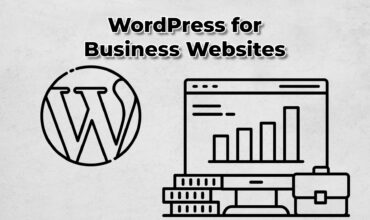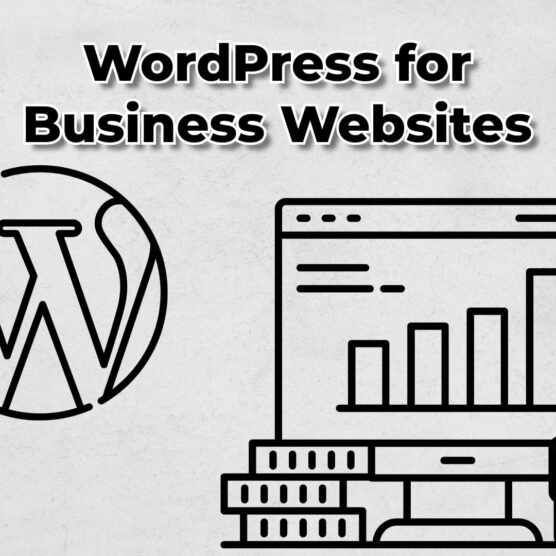White-Label WordPress Development vs. Hiring In-House: Which Is Better for Your Agency?
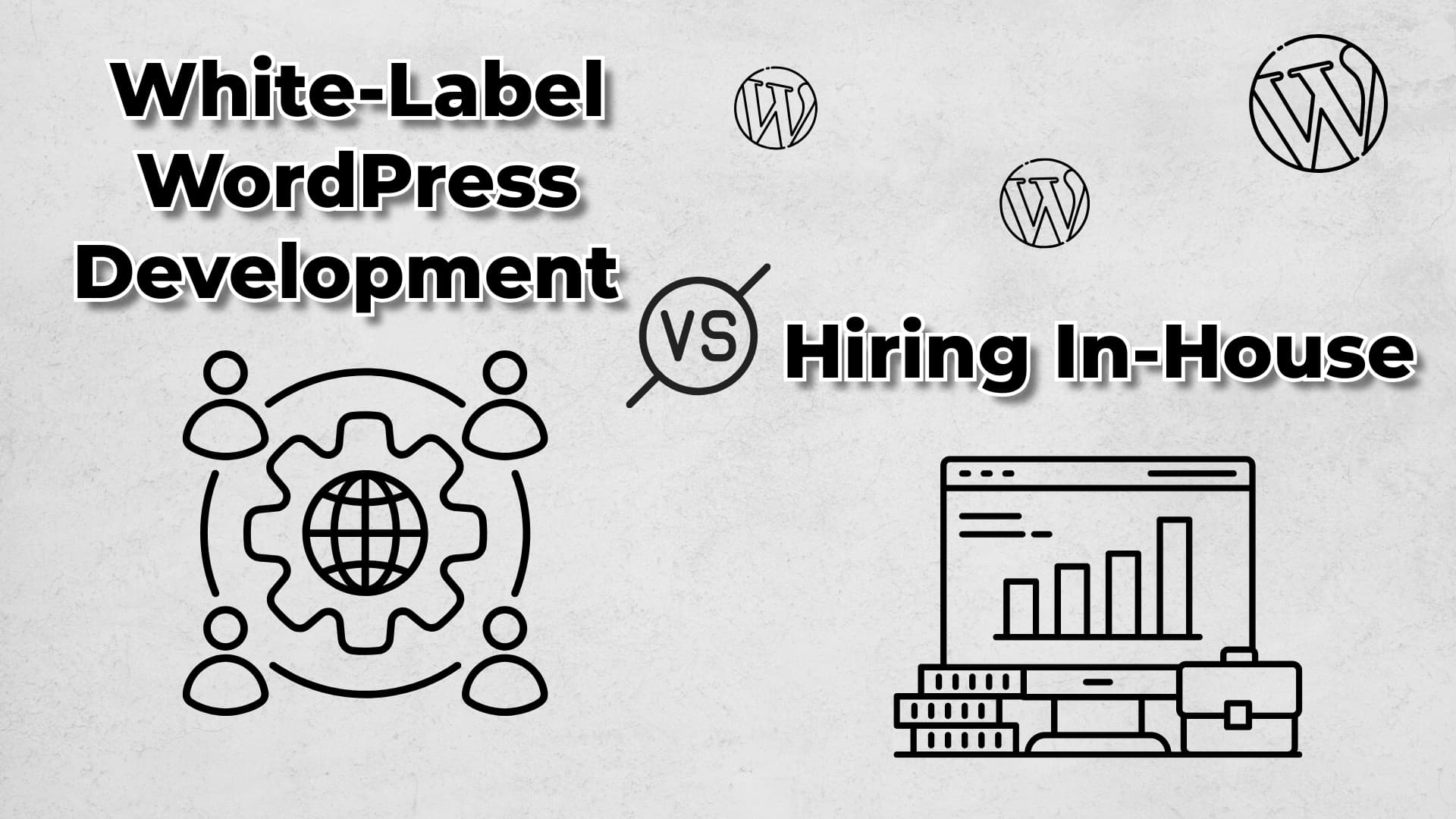
Imagine this: you’re an agency owner sitting in your favorite coffee shop, sipping a latte that’s just the right amount of frothy. Life is good…except you’ve got three deadlines breathing down your neck, a client who just emailed you a list of “quick” updates, and a website redesign project that’s been sitting in your backlog for weeks. It’s chaos, but the good kind—the kind that comes with running a growing business. But let’s face it: growth also means figuring out how to get everything done without losing your mind (or your weekends).
This brings us to the big question: should you hire an in-house WordPress developer or go the white-label route? Both have their perks, their quirks, and their potential pitfalls. So let’s unpack this like you would a box of IKEA furniture—slowly, with a bit of trial and error, and probably a few detours along the way.
The Case for White-Label WordPress Development
Let’s start with white-label services because, honestly, they’re kind of like magic. You send them the work, they build the thing, and boom—your logo goes on it, and your client is none the wiser. It’s like hiring a ghostwriter but for websites.
Take my friend Kelly, for example. She runs a small agency that’s been growing faster than her ability to hire. Last year, she landed a big e-commerce project—the kind that makes you fist-pump when the contract is signed. But then came the panic: her team was already maxed out, and the project’s scope was bigger than anticipated. Instead of pulling all-nighters or risking a subpar delivery, she partnered with a white-label WordPress development agency. They handled the heavy lifting while Kelly focused on strategy and client communication. The project was a hit, and her client didn’t care (or know) who wrote the code—they just loved the final product.
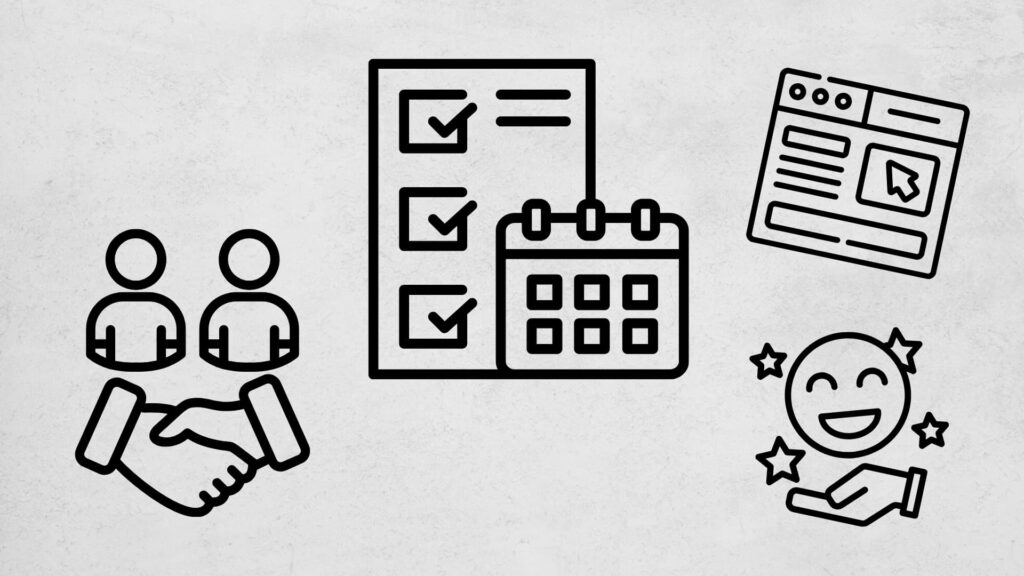
The beauty of white-label development is its flexibility. Need help on just one project? Cool. Got a dozen sites to churn out this quarter? They’ve got you. It’s scalability without the commitment—like dating without defining the relationship. Plus, you don’t have to worry about benefits, taxes, or onboarding someone new. It’s just plug-and-play.
But—and there’s always a but—it’s not all rainbows and unicorns. Communication can sometimes be tricky. Time zones might not align, and there’s always a risk of misinterpreted project requirements. Plus, you’re entrusting someone outside your core team with your reputation, which can feel a little like letting a stranger babysit your kids.
The In-House Option: Building Your Dream Team
Now, let’s talk about hiring in-house. There’s something undeniably satisfying about having your own team of WordPress wizards just a Slack message away. You’ve got direct control, instant communication, and the ability to build a team culture that aligns perfectly with your agency’s vibe.
My buddy James swears by his in-house team. He’s built a squad of developers who know his agency’s processes inside and out. When a client needs a last-minute tweak or a new feature, James doesn’t have to send an email and hope for the best; he just walks over to Dave’s desk (or pings him on Slack, since Dave’s mostly remote these days). It’s efficient, personal, and feels more reliable.
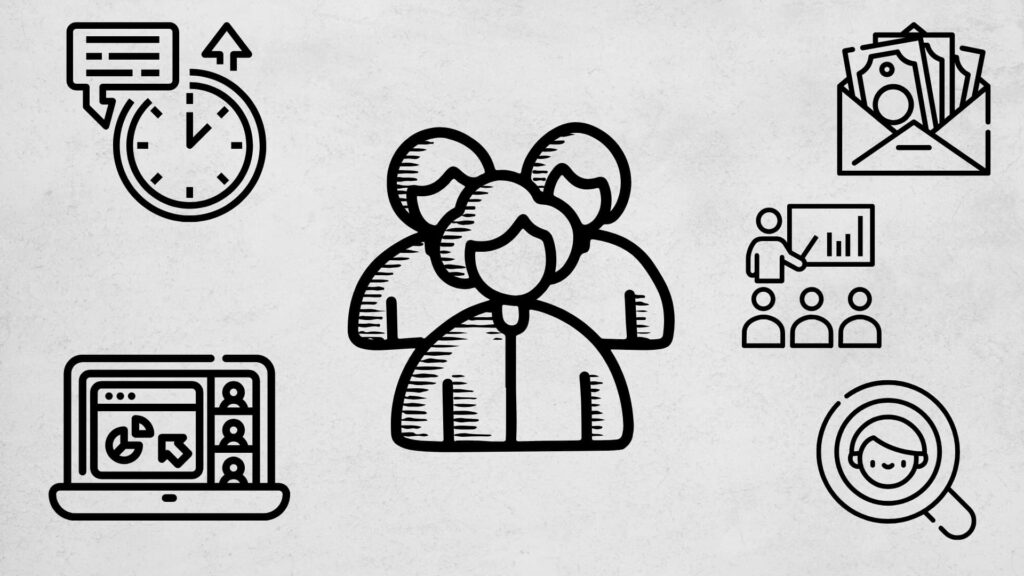
But here’s the thing: hiring in-house isn’t for the faint of heart—or wallet. Salaries, benefits, equipment, training… it adds up fast. And finding the right talent? That’s a whole other headache. Have you ever posted a job listing, sifted through a mountain of résumés, and conducted 17 interviews only to realize the perfect candidate doesn’t exist? Yeah, it’s a lot.
And then there’s the risk factor. What if your shiny new developer doesn’t work out? What if they leave after six months for a better offer? Or—and this one stings—what if your workload slows down, and you’re stuck paying a salary without enough projects to keep them busy?
So, Which Is Better?
Honestly, it depends—on your agency’s size, your workload, your budget, and even your personality. Let’s break it down:
- If you’re just starting out or dealing with unpredictable workloads: White-label development might be your best bet. It’s low risk, high flexibility, and lets you scale up or down as needed.
- If you’ve got a steady stream of projects and want more control: Building an in-house team could be a game-changer. It’s an investment, but it’s one that can pay off in the long run if you do it right.
- If you’re somewhere in between: Why not both? Many agencies use a hybrid approach, keeping a small in-house team for day-to-day tasks and outsourcing bigger projects to white-label partners. It’s like having your cake and eating it too—with sprinkles.
Real Talk: What’s Right for You?
Here’s a little exercise: grab a piece of paper (or open a new tab—we’re not living in the Stone Age). Make two columns. On one side, list all the things you’d gain with an in-house team. On the other, write down what white-label development would bring to the table. Be honest with yourself about your priorities, your pain points, and what you’re willing to spend—both in terms of money and mental energy.
Also, consider your clients. Are they the kind who expect round-the-clock updates and a super hands-on approach? Or are they more laid-back, happy to let you handle the logistics as long as the job gets done? Your clients’ expectations can play a big role in deciding which route to take.
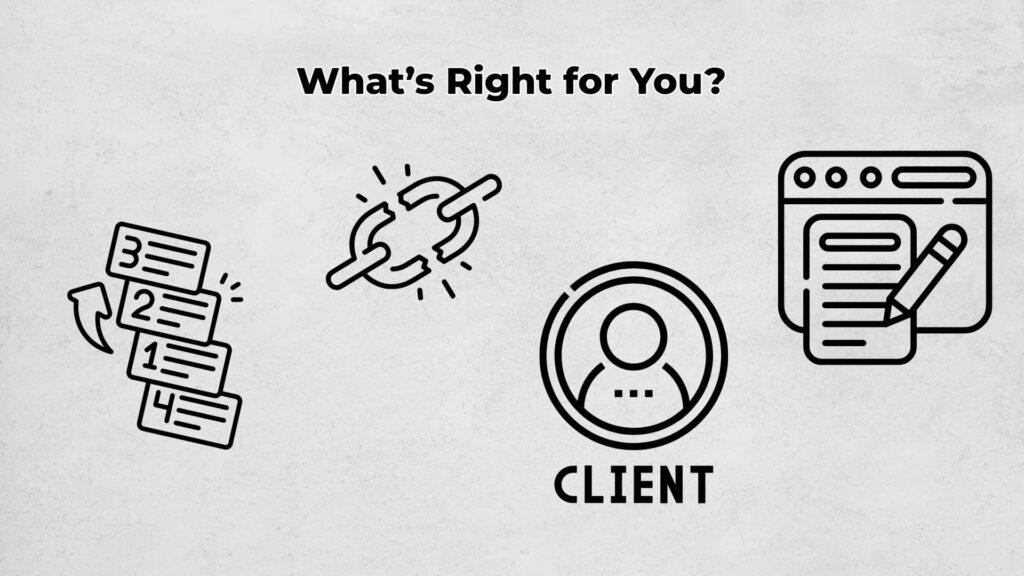
Speaking of client expectations, it’s worth noting how WordPress quietly powers so much of the web—from personal blogs to business websites. It’s truly the workhorse behind many successful online ventures. Understanding this might just help you better align your decision with your client’s needs.
Wrapping It Up (Sort Of)
At the end of the day, there’s no one-size-fits-all answer. And honestly, you might not get it 100% right on your first try. You might hire an in-house developer and realize you’re not ready for the commitment. Or you might start with white-label services and decide you’d rather have more control. It’s okay to pivot. Agencies evolve, and so do their needs.
So, take a deep breath. Finish your latte. Remember that running an agency is a marathon, not a sprint. Whether you go with white-label development, an in-house team, or a mix of both, the most important thing is finding a solution that works for you. Because at the end of the day, your clients don’t care how the sausage gets made—they just want a website that works.
And hey, if all else fails, there’s always another latte waiting for you. Cheers to that.

